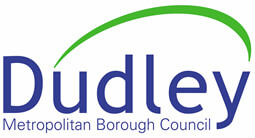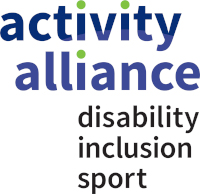Title
Social return on investment in sport in England (2013/2014)
Research Area
Health
Author
Davies, L E et al; International Journal of Sport Policy and Politics
Summary of Findings
This report uses previous empirical evidence which links physical activity to each of the outcomes detailed. It then allocates a financial value to this outcome again based on external empirical evidence where this is sufficient.
They found that for adults who participate in sport and exercise at a moderate intensity level there is an average:
- 30% reduced risk of CHD and stroke (£1.04m)
- 20% reduced risk for women of breast cancer (£132m)
- 24% reduced risk of colon cancer (£48m) - 10% reduced risk of type 2 diabetes (£239m)
- 30% reduced risk of developing dementia (£2,199m)
Additionally sport participation leads to an average:
- 1% increase in educational attainment between ages 11 and 18 (£5m)
- 1% reduction in criminal incidents for males aged 10-24 (£41m)
- 18% increase in earnings when the participation was while at university (£1,305m)
- 14.1% increased likelihood of self reporting of being in good health (£1,516m)
Both participating and volunteering in sport have been shown to lead to higher levels of reported subjective wellbeing. Along with the greater life satisfaction reported by volunteers this, provides an estimated benefit of £30,427m. Volunteering within sport also creates social capital, calculated at £7,796m, through volunteers investing their time in to sport based organisations. These calculations suggest a total return of £44.75 billion for 2013/2014 compared to an investment of £23.46 billion.
Implications
Investment in sport and physical activity has social and economic benefits that outweigh the initial costs.
.png)













